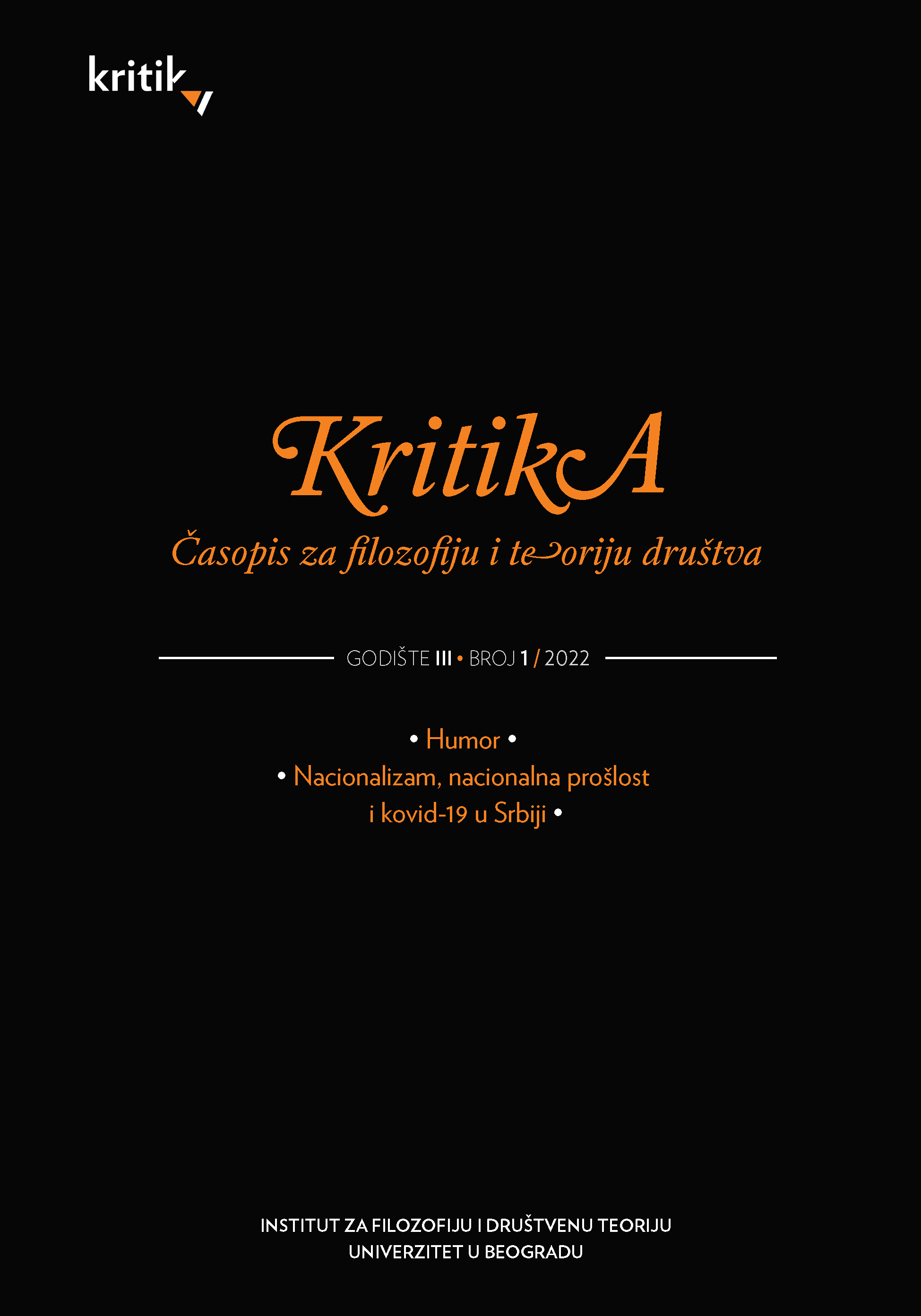PREKIDI AKTIVNOSTI – POJAM, ISTORIJA I NJIHOVI EFEKTI NA UČINAK
TASK INTERRUPTIONS – THE TERM, HISTORY, AND PERFORMANCE CONSEQUENCES
Author(s): Tara RadovićSubject(s): Social psychology and group interaction, Organizational Psychology, Behaviorism, Sociology of Culture
Published by: Institut za filozofiju i društvenu teoriju
Keywords: interruption; memory for goals model; theory of prospective memory; sequential multitasking;
Summary/Abstract: In this paper the phenomenon of task interruptions is described and their position in contemporary society is discussed. Interruptions are present when the execution of a primary (main) task is suspended due to another (interruption) task that takes place abruptly and unexpectedly usually in external environment (ringing doorbell while writing a text). This phenomen is typically examined from the perspective of cognitive psychology and can be regarded as a special form of multitasking. Theories aiming to explain the effects of interruptions on the performance in the primary task upon resumption are ones dealing with memory and forgetting of goals and intentions. In the text a historical overview is proposed and historically most relevant ideas and models that influenced contemporary theories on this topic. Two dominant contemporary theories are also described: the memory for goals model and the prospective memory theory. Also, an overview of the most relevant empirical findings regarding the effects of interruptions on the resumption of the primary task is provided, such as the effects of interruption lag, memory cues, interruption length, complexity, similarity between the tasks, interruption position and interruption frequency. These effects are interpreted within the two contemporary theories.
Journal: Kritika: časopis za filozofiju i teoriju društva
- Issue Year: 3/2022
- Issue No: 1
- Page Range: 65-90
- Page Count: 26
- Language: Serbian

